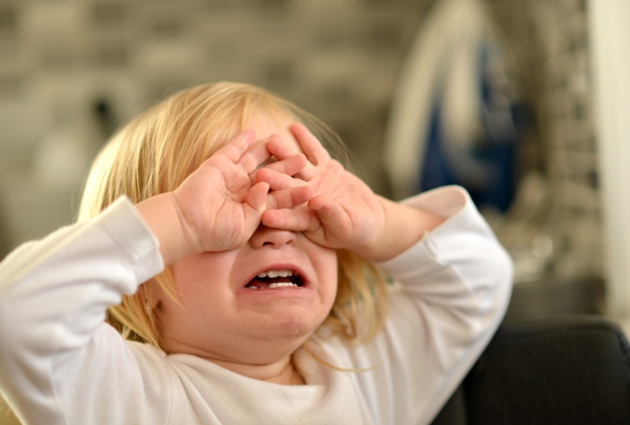Too many young students are being labelled as hyperactive and given medication when they are simply younger than others in their year, a study warns.
Researchers examined the relationship between a child’s age relative to classmates and their chances of being diagnosed with Attention Deficit Hyperactivity Disorder (ADHD).
After reviewing 17 studies, covering more than 14million children, researchers found it was more common for the youngest in a classroom to be diagnosed with ADHD, shares Daily Mail.
Symptoms of the condition include being disruptive, fidgety, interrupting others and showing signs of emotional upset. But these are often just the result of the pupils being among the youngest in their year, the researchers claim.
They say that as a result children are being given ‘potentially harmful’ medication they do not need.
Instead of treating the children with drugs, they should be given extra time to mature.
Co-author Dr Joanna Moncrieff, of University College London, which carried out the study with other institutions, told the Journal of Child Psychology and Psychiatry: ‘The diagnosis of ADHD is sometimes applied to behaviour that is disruptive in the classroom because the child is young for their year. Children who are developing within the normal range may end up labelled and medicated because of the pressures and inflexibility of our school system.’
Lead author Dr Martin Whitely, research fellow at Curtin University, Western Australia, said there are no biological markers or physical tests for ADHD and the diagnosis is based in large part on teacher reports of a child’s behaviour.
He added: ‘It appears that across the globe some teachers are mistaking the immaturity of the youngest children in their class for ADHD. Although teachers don’t diagnose it, they are often the first to suggest a child may have ADHD.
‘Our research shows that the ADHD late-birthday effect occurs in both high prescribing countries, like the US, Canada and Iceland, and in countries where ADHD is far less common, like Finland and Sweden.’
Professor Jon Jureidini, a child psychiatrist at the University of Adelaide, said the findings showed the importance of teachers, doctors and parents giving the youngest children extra time to mature.
He said: ‘Mistaking perfectly normal age-related immaturity for ADHD is just one of many problems with the label. Children who are sleep-deprived, bullied, have suffered abuse or have a host of other problems, often get labelled ADHD.
‘Not only does this result in them getting potentially harmful drugs they don’t need, but their real problems don’t get identified and addressed.’
Share your comments below




















-

-
-
meedee said
- 03 Dec 2022
-

-
-
mom81879 said
- 14 Nov 2018
-

-
-
tessie said
- 23 Oct 2018
-

-
-
mom111059 said
- 23 Oct 2018
-

-
-
rovermum said
- 22 Oct 2018
-

-
-
BellaB said
- 20 Oct 2018
-

-
-
mom19782016 said
- 20 Oct 2018
-

-
-
mom90114 said
- 19 Oct 2018
-

-
-
MuthaNita said
- 19 Oct 2018
-

-
-
Ellen said
- 19 Oct 2018

-

-
-
Blossom said
- 18 Oct 2018
-

-
-
ashna9 said
- 18 Oct 2018
-

-
-
Misshenry said
- 18 Oct 2018
-

-
-
mom81879 said
- 18 Oct 2018
Post a comment11:39 am
6:31 pm
2:31 pm
12:24 pm
9:36 am
6:34 pm
3:26 pm
11:33 pm
8:16 am
7:36 am
7:10 pm
6:47 pm
6:08 pm
1:27 pm
To post a review/comment please join us or login so we can allocate your points.